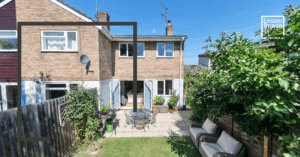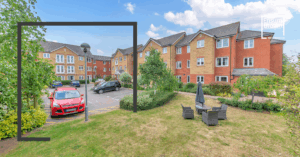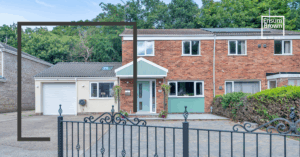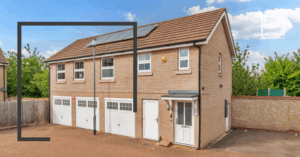Even the best landlords with the most reliable tenants will sometimes receive tenant complaints. The key to maintaining a good landlord–tenant relationship is to handle these concerns quickly, professionally, and effectively.
According to the National Residential Landlords Association (NRLA), most issues raised are not major disasters but rather small, everyday problems that can be straightforward to fix if you have a system in place. These include common maintenance issues such as problems with heating and hot water, leaking pipes and dripping taps, blocked drains, damp and mould, electrical faults like tripping circuits, and broken locks.
By being organised and proactive, you can prevent many of these problems from arising and keep your tenants happy.
Be proactive
A well-maintained property reduces the likelihood of tenant complaints and makes it easier to let in the future. Before each new tenancy, check the property thoroughly. If you have been considering redecorating or carrying out renovations, this is the ideal time.
It is also worth arranging mid-tenancy inspections. These checks allow you to spot maintenance issues early, even those that tenants may not have noticed or felt were worth mentioning.
During inspections, note any problems needing immediate attention and those that might require work in the next few months. Planned maintenance is generally easier, cheaper, and far less disruptive than emergency repairs.
Have a clear system
Decide in advance who is responsible for dealing with a complaint and how it should be handled. A written complaints procedure can make this process far smoother.
Make sure tenants know exactly who to contact when a problem arises – you directly, or your letting agent. Keep written records of all communications, whether by phone, email, or text. If a tenant contacts you in writing, acknowledge and reply the same way, and save a copy for your records.
Listen and respond with empathy
Most tenant complaints stem from genuine concerns. While a problem might seem minor to you, it can significantly affect the person living with it. Speaking face-to-face, when possible, can help to resolve tensions quickly.
Listen carefully, acknowledge the issue, and reassure your tenant that you are taking their concern seriously.
Some issues may fall outside your responsibility, such as damage caused by the tenant or problems with fixtures they have provided themselves. In these cases, politely explain that they will need to resolve the matter themselves, while remaining professional and courteous.
Act promptly
A quick response can prevent a small issue from becoming a major problem. Prioritise complaints according to urgency. Health and safety concerns should be resolved immediately or within 24 hours, while less urgent issues should be addressed within 10–14 days.
Taking swift action not only prevents further damage but also reassures tenants that you take their concerns seriously.
Keep everyone informed
Good communication is essential. Let your tenant know how and when the problem will be resolved. If a contractor is visiting, give the tenant details of who will attend, when, and what work will be carried out.
Follow up afterwards to confirm the issue has been fixed. If delays occur, provide an updated timeframe and keep tenants informed at every stage. Most people are understanding if they know action is being taken.
Handling tenant complaints efficiently is part of being a responsible landlord. By being proactive, organised, and responsive, you can prevent small issues from escalating, protect your property, and maintain a positive relationship with your tenants.
If you would like to learn more about how our professional letting and property management services can make your landlord life easier, please get in touch. And if you know a landlord who might benefit from these tips, share this guide with them.
Source: NRLA report
Important Links
Book a Valuation
Visit our Royston Facebook Page
Visit our Newmarket Facebook Page
View our Ware Facebook Page





